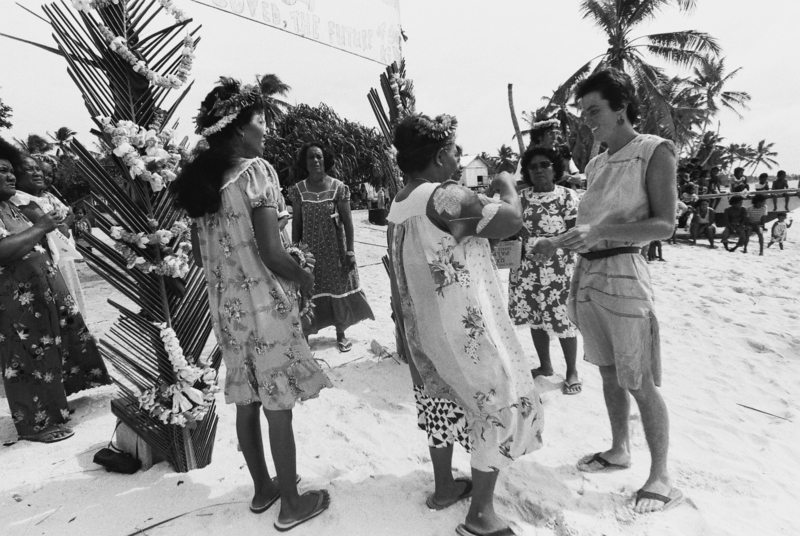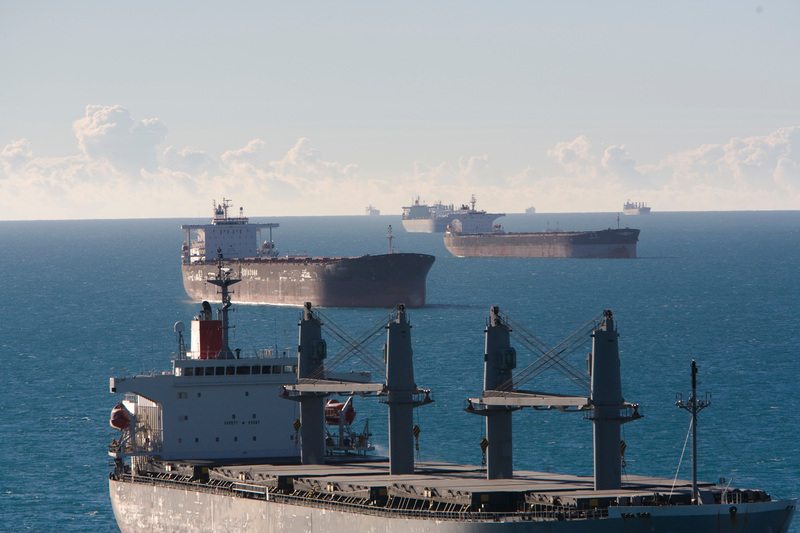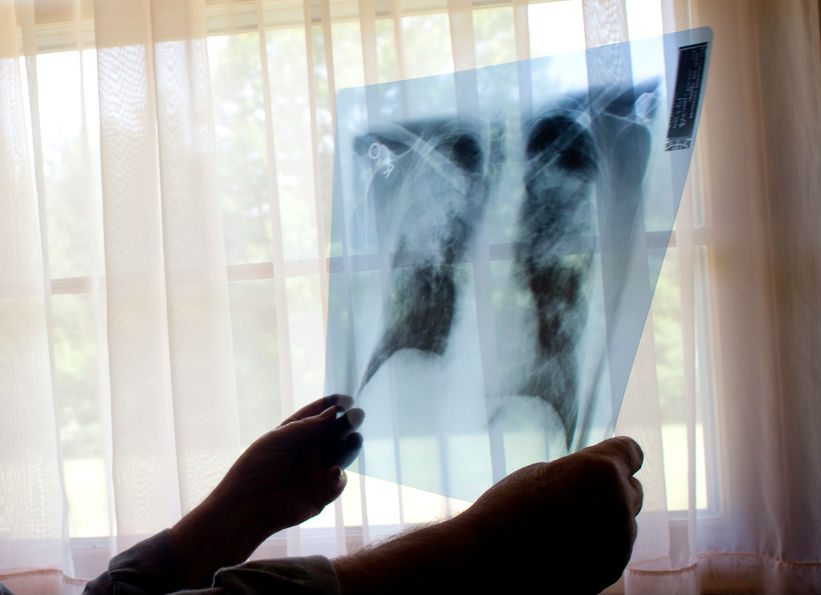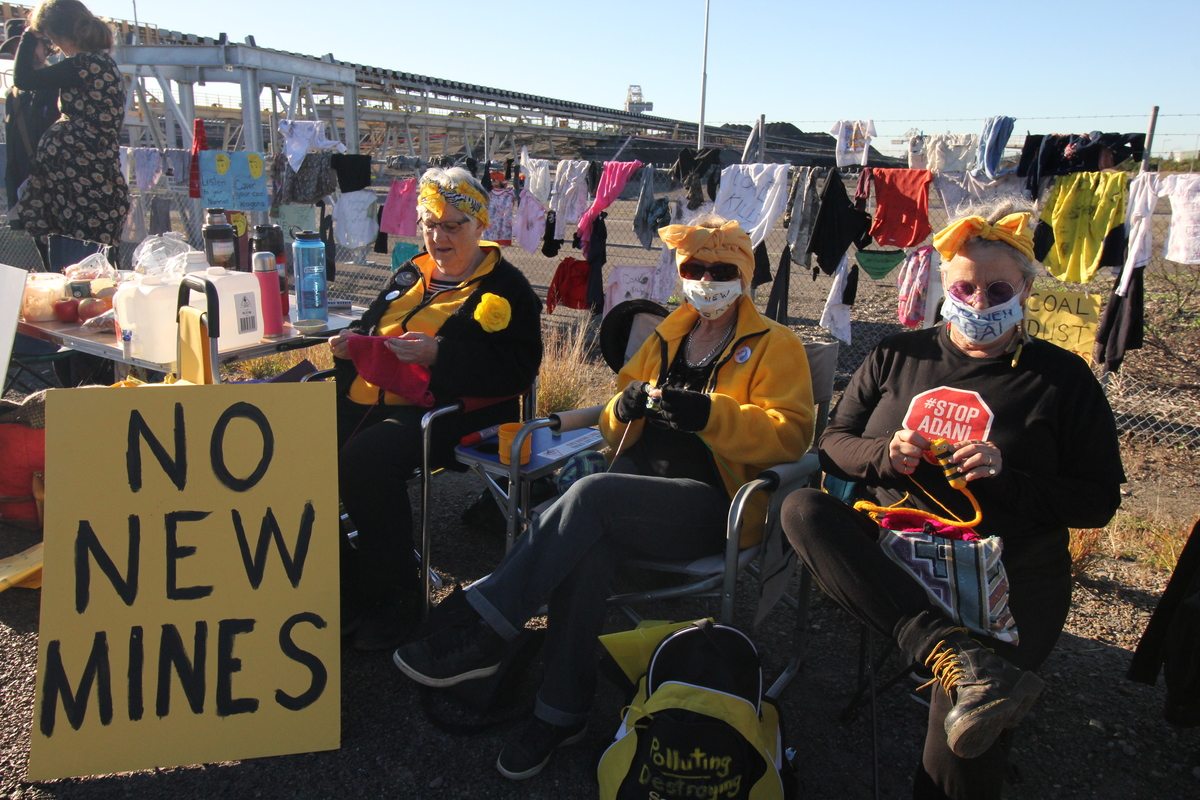All articles
-
The beginning of the end for nuclear weapons
"I have been waiting for this day for seven decades and I am overjoyed that it has finally arrived,” said Setsuko Thurlow, a Hiroshima survivor, back in July when a new treaty banning nuclear weapons was agreed at the United Nations in New York. “This is the beginning of the end of nuclear weapons.”
-
Poll on Australians’ attitudes towards nuclear weapons
ReachTEL conducted a survey of 1,669 residents across Australia on behalf of Greenpeace Australia Pacific. The survey on Australian’s attitudes towards nuclear weapons was conducted during the night of 13 September 2017. Topline results: 73% of Australians support a ban on nuclear weapons. 70% of people in Julie Bishop’s electorate of Curtin want Australia to…
-
Australian government defying the will of 72 percent of voters by refusing to sign the UN treaty to ban nuclear weapons
Press release – 18 September, 2017September 19, 2017: Foreign Minister Julie Bishop is set to ignore the wishes of a clear majority of Australians by refusing to sign the UN Treaty on the Prohibition of Nuclear Weapons.More than 72 percent of Australians support a ban on nuclear weapons and more than 65 percent want Australia…
-
Can the world come to its senses on nuclear weapons?
On this International Day Against Nuclear Tests, Bunny McDiarmid, Executive Director of Greenpeace International, reflects on 46 years of fighting against nuclear weapons. Women of Rongelap island welcome Bunny McDiarmid as crew members from the Greenpeace ship Rainbow Warrior arrive ashore on the atoll. The Rainbow Warrior is in Rongelap to assist in the evacuation…
-
72 years after Hiroshima, where is Japan’s commitment to end nuclear weapons?
Even with the passing of the UN’s Nuclear Weapons Ban Treaty, Japan still remains an outlier, betraying the hopes of atomic bomb survivors from Hiroshima and Nagasaki. Even with the passing of the UN’s Nuclear Weapons Ban Treaty, Japan still remains an outlier, betraying the hopes of atomic bomb survivors from Hiroshima and Nagasaki.
-
Greenpeace study finds renewable energy will be cheapest electricity in G20 countries by 2030
Press release – 5 July, 2017Hamburg, 5 July 2017 – Wind energy and solar power will be the cheapest form of power generation in every G20 country by the year 2030 at the latest, a new Greenpeace Germany report has found.Ahead of the G20 Summit in Hamburg, the Greenpeace Germany-commissioned study also found that in…
-
Black lung outbreak a reminder of ransom coal has always taken from workers and the community
In severe cases someone with black lung suffocates, unable to draw breath into organs left looking like a blackened sponge. It is a terrible disease, long thought eradicated in this country. But now it’s back [1]. Originally published on HuffPost In severe cases someone with black lung suffocates, unable to draw breath into organs…
-
BLACK LUNG OUTBREAK A REMINDER OF RANSOM COAL HAS ALWAYS TAKEN FROM WORKERS AND THE COMMUNITY
In severe cases someone with black lung suffocates, unable to draw breath into organs left looking like a blackened sponge.It is a terrible disease, long thought eradicated in this country. But now it’s back [1]. Originally published on HuffPo It is a reminder that the coal industry has always demanded a human price in exchange for the…





